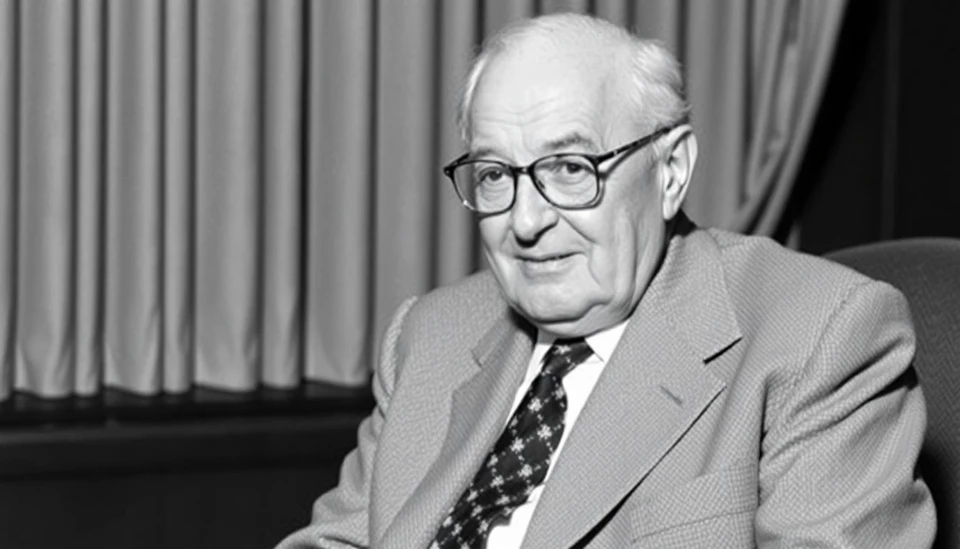
Helmut Schlesinger, the influential figure who led the Deutsche Bundesbank during one of the most tumultuous periods in modern German financial history, has died at the age of 100. His passing marks the end of an era for Germany’s central banking system, which he guided through significant economic crises of the 1990s.
Schlesinger served as the president of the Bundesbank from 1991 to 1999, during a critical time marked by the challenges of reunification and the integration of the European economy. He was known for his staunch commitment to price stability and his role in shaping the monetary policy of Germany, which laid the groundwork for the eventual establishment of the euro.
He entered the Bundesbank amidst the pressures of economic adjustments following Germany's reunification. During his tenure, Schlesinger confronted a shaky economy with high inflation rates and rising unemployment. His adept management helped stabilize the situation, leading to Germany's recovery in the later years of the decade.
Beyond his practical contributions, Schlesinger was also an advocate for independence in central banking, a principle that has become more vital in the European context today. He firmly believed that policymakers should prioritize long-term economic stability over short-term political expedience, a philosophy that has influenced the direction of the European Central Bank.
Schlesinger was born in Berlin in 1923 and pursued an academic career in economic sciences. His expertise earned him various prestigious roles in the financial world prior to taking the helm of the Bundesbank. Colleagues often described him as a man of integrity, whose meticulous approach to managing monetary policy left a lasting impact on Germany's economic framework.
In his later years, Schlesinger remained active in economic discourse, frequently speaking about the complexities of European monetary integration and emphasizing the lessons learned from Germany's past economic challenges. He was esteemed not only in Germany but also in broader Europe, where his expertise was sought in discussions surrounding monetary policy and economic stability.
His legacy, shaped by the nexus of academic insight and practical governance, will be long remembered as Germany continues to navigate its economic landscape. Schlesinger's contribution to the evolution of the Bundesbank and the European financial system serves as a testament to his dedication and vision for a robust economic future.
As the global financial community reflects on Schlesinger's profound influence, many are left considering the ways in which his principles can guide current and future economic policy amidst new challenges.
#HelmutSchlesinger #Bundesbank #GermanEconomy #CentralBanking #EuroIntegration #EconomicHistory #FinancialLeadership
Author: Rachel Greene




